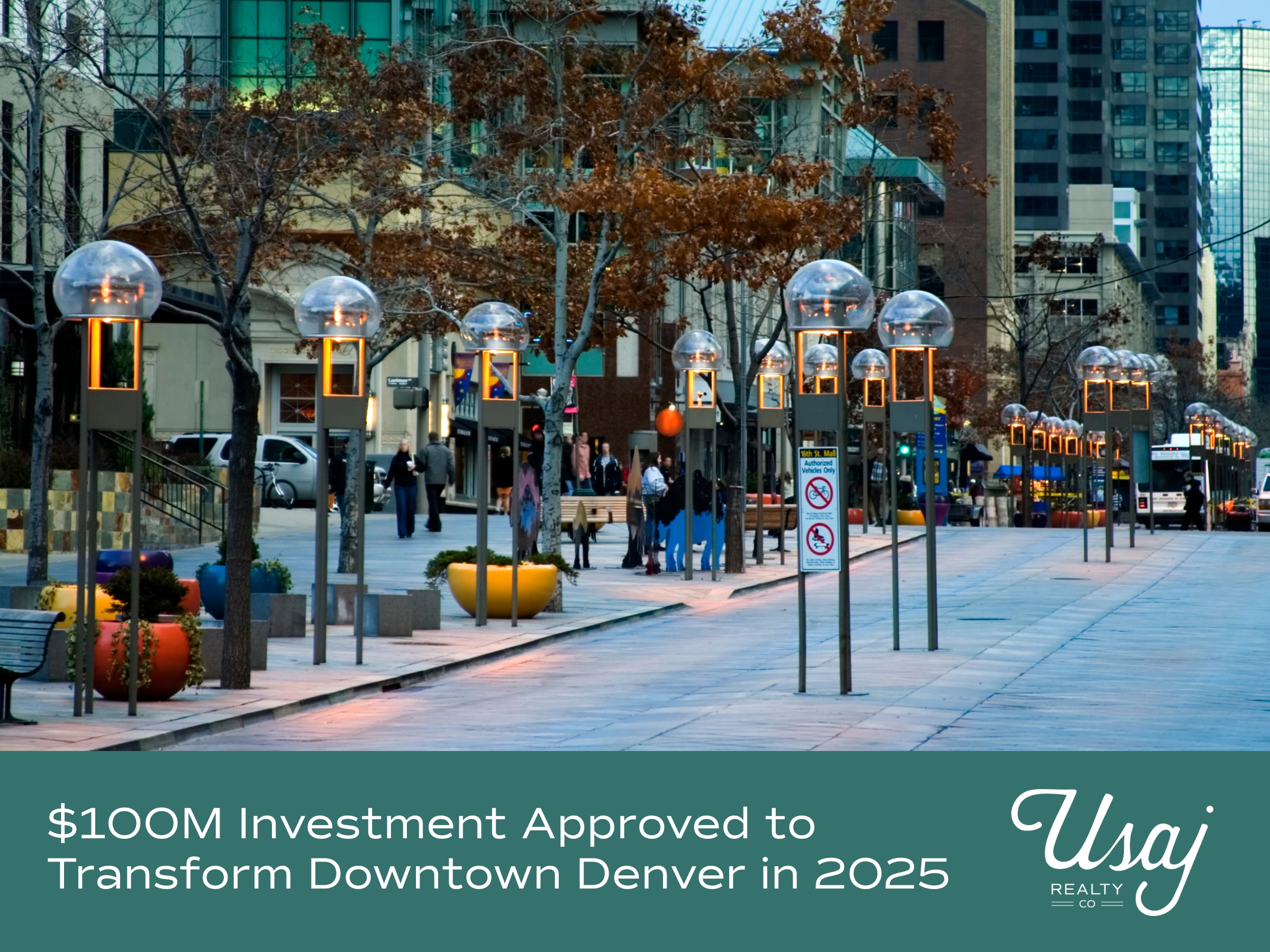Can You Buy a Home Before Selling Yours?
You’ve outgrown your present home and there’s a perfect one in your dream neighborhood. But your house isn’t even on the market. Can you buy a home before selling yours?
Put in an offer despite not having your house up for sale? Wait and hope you’ll find another that fits your needs? Become despondent and curl up into a fetal position? (really, this isn’t necessary).
Denver’s hot real estate market is making it increasingly challenging to buy, especially if you’re already carrying a mortgage on your current home. The median sale price of a home in Metro Denver in 2009 was $215,252. Fast forward to December 2021 and the median sold price jumped to $545,900. This strong seller’s market makes it difficult for buyers to have an edge. In an extremely competitive market, it is rare for sellers to agree to a contract being contingent on your selling your house before completing the sale.
But the good news is that there are options available to help you carry a new mortgage despite still paying for your present home. Whether you are looking at getting a short-term bridge loan to cover your expenses with a new home, signing a rent back option, or taking out a home equity loan, there are ways to make the transition into a home relatively easy.
Even more exciting, there are companies that will allow you to make a cash offer on a home before selling yours, charging a nominal fee to make the transaction happen before your home is even on the market.
From work opportunities, retirement, and being able to enjoy the recreational opportunities in the Rocky Mountains, Denver has been on the map for the past decade. The increased demand for homes in Denver partnered with low interest rates has made homeownership a challenge in some areas of the city, and has given sellers an amazing opportunity to move up into their dream home.
This demand has forced buyers to become creative when presenting offers to sellers due to the all-too-common scenario of multiple offers being offered. Contingencies like home inspections, appraisals, and loan objections often become points of negotiation where years ago it was never even considered, according to Jenny Usaj, employing broker for Usaj Realty.
“Everyone’s financial situation is different, so ultimately, the process is determined by your lender or banker,” said Usaj. “The key is to find out if you can qualify to carry two mortgages and if so, for how long. Paying two house payments is sometimes a burden for homeowners so it’s important to talk to a lender to know about financial options. Once we know the potential opportunities, we can get to work on the housing market and timing considerations for the neighborhoods that you would like to move into.”
With that being said, below are a few suggestions on how to buy a home if you haven’t first sold your current house.
Make a Cash Offer with the Help of Homeward
This Texas-based company enables buyers who need loan assistance on equal footing with cash buyers. In Denver’s sizzling real estate market, it’s no surprise cash offers are three times more likely to beat financed bids, and Homeward’s program empowers agents to make every client a cash buyer. This tactic allows home buyers to compete in multiple offer situations with a cash offer along with potentially other enhancements.
Homlight enables homeowners to overcome the limitations of carrying a mortgage on an existing home while needing to buy a new home. Buying before you sell is finally an option for every homeowner. By using Homeward and paying a small convenience fee, homeowners will get approved for a specific amount of money that opens the door for making a cash offer on a home. Homeward will then purchase the home and will rent it back to you for up to six months while the former home is on the market. Once the home sells, the client can then buy the new home back from Homeward.
Homeward can also provide loan services on your new purchase which will further reduce the fees associated with the transaction.
Taking out a Bridge Loan
Sometimes there are circumstances that warrant your buying a new home before having sold your current home. Perhaps it’s the house you’ve always wanted, and you know for certain your present house will sell quickly. According to Joey Abdullah, managing director of Bellco Home Loans, a bridge loan “bridges the gap” between two separate loans or between properties. This temporary loan covers the down payment and typically the first few mortgage payments.
“Commonly, consumers use bridge loans to tap into a current home’s equity and use that loan to pay for the down payment on a new home,” he said. “For example, let’s say a couple has $100,000 in equity in their current home, but are looking for a new primary residence. They can obtain a bridge loan, tap into their existing equity, and use this for a down payment on their new place. Utilizing a bridge loan is a great option for clients who want to make a strong offer on a new home and do not want to have a contingency to sell a property first.”
There are many associated fees with bridge loans including loan origination (points), administrative, appraisal, escrow, title, notary and recording. Make sure you understand all the costs and are comfortable with the interest you’ll be paying on this type of loan.
Home Equity Loan
A home equity loan is a set amount of money that is paid off over an established period of time. The loan amount is secured by the equity in your home. It has a fixed interest rate and the same payments each month. Once you get the money, you cannot borrow further from the loan.
Opt for a Home Equity Line of Credit
HELOC also allows you to borrow money by using your home’s equity as collateral. Generally, a HELOC is more flexible than a home equity loan and works more like a credit card. You only borrow what you need, and you can typically go back for more money when you need it (as long as you stay below your maximum credit limit). Unlike a home equity loan, there is a variable interest rate and there is typically a specially issued credit card or checks for the “account.”
Are There Other Financing Options to Help Carry Two Mortgages?
Depending on the lender, there are some great options where a client can qualify to “carry” two mortgages at the same time by only having the “new” mortgage payment used in the qualifying ratios and analysis.
“Typically, for a lender to be able to omit one of the payments, that property must be pending sale with an executed sales contract in place,” said Abdullah. “The pending sale property will need to have passed through financing contingencies (i.e. have full lender’s commitment to the buyer of the property’s pending sale or an all cash offer, etc.). This can be a great option for clients who would otherwise not qualify to carry two mortgages at the same time, but who want to make a strong offer on a new property without a contingent sale.”
How Do I Finance the New Home While I Still Own the Old One?
“It ultimately depends on what a client intends to do with the departing residence after a new home is purchased,” explained Abdullah. “If a client will be turning the departing residence (old one) into a rental property, there are favorable guidelines in place to help to qualify for a new mortgage by directing the future rental income of that property as additional income or to offset that previous mortgage payment.
“Adding an additional borrower to help qualify for a new home mortgage can also be a great option. Depending on the state where you live, there are also instances where a couple can qualify for a new home with only one spouse on the new loan, and the other spouse liable only for the previous home. In essence, each spouse has their own mortgage. This option can be extremely beneficial, but also needs to be carefully structured for your specific financial picture.”
Ultimately, it’s imperative to discuss your specific scenario with a local and reputable lender, and set aside time to thoroughly discuss your longer-term financial goals and how real estate can best help with setting you up for success.
(Editor’s note: This blog was originally published in March 2021. It has been edited and updated to reflect current trends).





